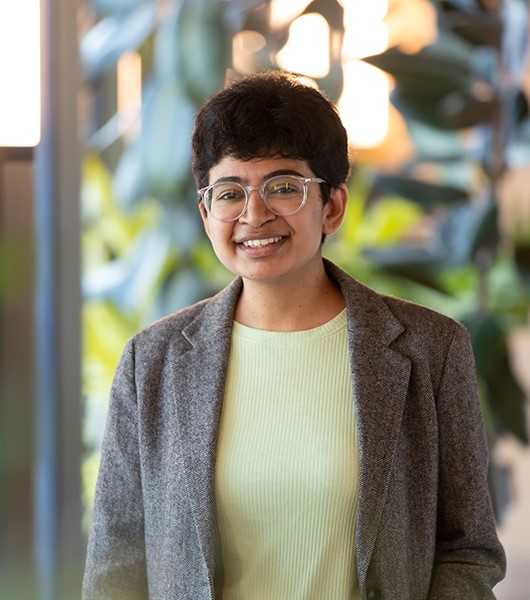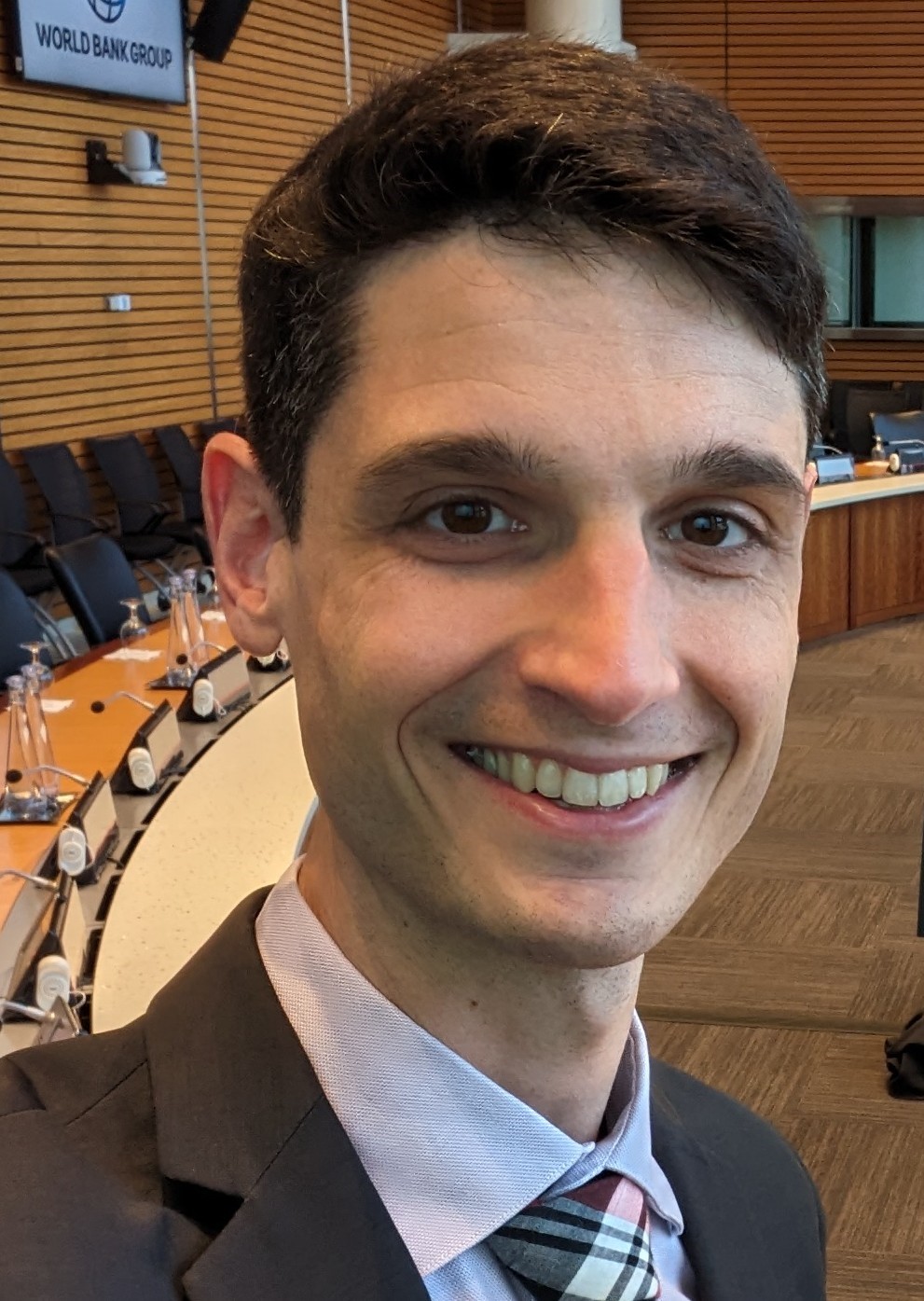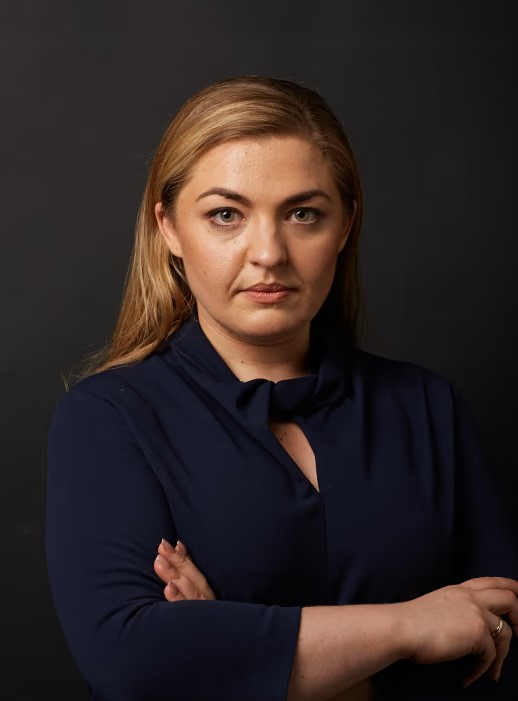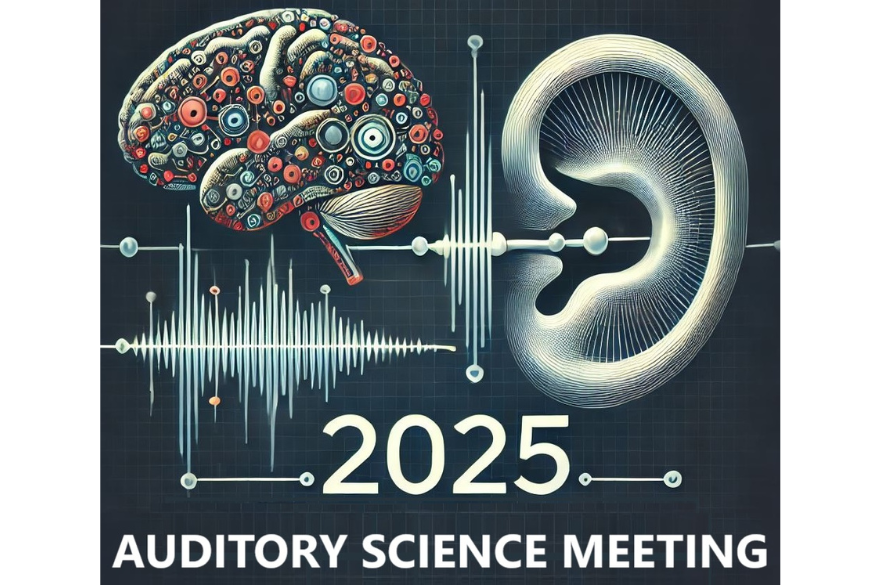The 4th Annual Conference on the Intersection of Corporate Law and Technology

This online conference aims to provide a global platform for experts in the field to present and discuss their research and also to foster a networking and knowledge exchange mechanism amongst academics, students, practitioners and businesses globally.
- From: Monday 23 June 2025, 10.30 am
- To: Thursday 26 June 2025, 3 pm
- Booking deadline: Tuesday 17 June 2025, 12.00 pm
- Download this event to your calendar
Event details
Event overview
Over the last couple of decades emerging technologies have been seamlessly embedded into our day to day lives, through social media and cloud-computing to crowdfunding. Similarly, new technologies have gained their place in the corporate world and as such, many businesses have already witnessed the challenges and implications arising from their use on their operations. Rapid accelerations in the capability of artificial intelligence are in particular transforming work and leisure.
The conference aims to provide a global platform for experts in the field to present and discuss their research and also to foster a networking and knowledge exchange mechanism amongst academics, students, practitioners and businesses globally.
Papers will explore a wide range of key issues that arise out of the interaction of corporate law with technology.
Themes
- The intersection of corporate law & the use of emerging technologies.
- Harnessing AI in business and in corporate insolvency.
- Digital assets and automated transactions.
Conference Organising Committee
Professor Rebecca Parry, Dr Alex Kastrinou, Dr Hakan Sahin, Dr Phoebe Gatoto and Dr Akrum El Menshawy on behalf of the Centre for Law, Emerging Technologies and Business.
Please note this event is online only.
Programme
10:30-10:45 | Welcome |
10:45-11:15 | Keynote Speaker: Assoc Professor Akshaya Kamalnath, Australian National UniversityPresentation Title: Corporations, Technology and LawAssoc Professor Akshaya Kamalnath, Australian National University
Dr. Akshaya Kamalnath is an Associate Professor in law at the Australian National University. Her research and teaching areas are corporate law, corporate governance, and corporate insolvency. She is currently working on a monograph titled 'Corporations, Technology, and the Law' (under contract with OUP) and has also created a course of the same name which she has taught at NUS and ANU. Akshaya is also the author of 'The Corporate Diversity Jigsaw' (CUP, 2022). Akshaya blogs at The Hitchhiker's Guide to Corporate Governance. |
11:15-11:55 |
Presentation 1 - A Generative AI-Based Legal Advice Tool for Small Businesses in Distress (by Dr Vaccari, Dr Ribary and Mr Wood)Dr Eugenio Vaccari, Royal Halloway, University of London
Eugenio Vaccari (eugenio.vaccari@royalholloway.ac.uk) is a Senior Lecturer in Law at Royal Holloway. He is an Academic Fellow of the Middle Temple and a lead consultant for the World Bank, working on a project exploring the link between climate change and insolvency. Dr Marton Ribary, Royal Halloway, University of London
Marton Ribary (marton.ribary@royalholloway.ac.uk) is a Lecturer in Law at Royal Holloway, University of London where his research focuses on legal reasoning. He works with computational methods applied to historical (Roman and Rabbinic) as well as modern (English) texts in private law. Mr Thomas Wood, Founder and Director of Fast Data Science
Thomas Wood (thomas@fastdatascience.com) is the founder and director of Fast Data Science. He holds an MPhil in Computer Speech, Text and Internet Technology from the University of Cambridge. Thomas has built machine learning models to extract information from unstructured documents such as interview transcripts, scientific papers, and healthcare data. Abstract We developed and tested the performance of a retrieval augmented generation (RAG) system for answering legal queries related to corporate insolvency in England and Wales. The Insolvency Bot relies on open-source legal information and HMRC forms to provide sound responses to a user’s query focusing on insolvency matters regulated by English law. According to a tailor-made mark scheme, we show that our Insolvency Bot consistently outperforms LLMs queried without our RAG setup, and we show that newer versions of LLMs consistently outperform older ones when queried with the Insolvency Bot’s RAG enhancements, and its data sources. An additional user experience survey suggested the need for creating two versions of the bot, one for lay people who expect practical and actionable advice and another for professionals with the relevant legal authorities. Our legal chatbot demonstrates potential to ensure “access to justice” to affected business owners by combining a generative AI system with a trusted knowledge base. The system could be expanded to cover cross-jurisdictional and insolvency-related queries and could be further improved in its technical architecture. |
12:00-13:00 |
Break
|
13:00-14:20 | Presentation 2 - Augmenting Corporate Agents’ Intelligence in Corporate Insolvency Proceedings (by Dr Akintola and Ms Akintola)Dr Kayode Akintola, University of Sheffield
Dr Kayode Akintola is a Law Professor, Barrister, and Management Consultant. His expertise covers contentious and non-contentious corporate financing, management, restructuring, and insolvency matters. His clientele include regional and multinational clients such as Cadbury, Statoil (now Equinor) and Shell. He provides research consultancy services to the UK Government Insolvency Service and also serves as Commercial Lead for Akin Business Constructs, a management consultancy. He is currently Assistant Professor in Corporate Insolvency Law at the University of Sheffield Ms Pearl Akintola, Director of Operations, Akin Business Constructs
Pearl Akintola is a Management Consultant with 15 years of award-winning experience in leading technology-change programmes in the Fintech industry. Her expertise covers the development and implementation of modern technologies such as automation, software as a service (SaaS) and data engineering. She has overseen the implementation of technological products within some of the UKs largest corporations including Lloyds Banking Group, Experian and PricewaterhouseCoopers. Pearl serves as the Director of Operations for Akin Business Constructs, a management consultancy Abstract This presentation draws upon a key pillar of the Artificial Intelligence (AI) in Corporate Insolvency research project, which is currently investigating actual/potential uses of AI in resolving corporate insolvency proceedings. *** In this presentation, we explore the corporate purpose of a company in formal insolvency proceedings, the role of the officeholder in that context, the complexity of the tasks they might be reasonably expected to perform to actualise such purpose/role, and where technology such as AI could support their attainment. We use the UK Administration regime as a paradigm of corporate insolvency proceedings with a defined purpose. We present the complexity of the range of tasks that an administrator might be expected to perform in this procedure as agent of the company and, critically, we explore whether AI could support the delivery of tasks that require the exercise of discretion/professional judgment. Presentation 3 - Understanding AI Literacy Requirements Under the EU AI Act: A Business Perspective on Compliance, Risk, and Opportunity (by Dr Gaubiene)Assistant Prof. Dr Neringa Gaubiene, University of Vilnius
Dr. Neringa Gaubienė is an expert in artificial intelligence regulation and digital technology law, with extensive experience as a researcher, business consultant, and legal practitioner. She teaches the courses "Law and Digital Technologies" and Civil Law at Vilnius University Faculty of Law, serves as the lead researcher in the research group "Digital Technologies, Cybersecurity, and Law," and is affiliated with the Science Centers for Private Law, Civil Procedure, and Roman Law. Dr. Gaubienė actively contributes to non-governmental and governmental organizations, including European Union institutions, and is a member of the EU AI Office expert group developing the Code of Practice for General Purpose AI. She participates in various national and international scientific projects, writes academic articles, and is deeply engaged in student teaching and mentoring, fostering the development of future legal professionals. Dr. Gaubienė regularly speaks at academic conferences in Lithuania and internationally, addressing pressing issues at the intersection of law and digital technologies. Abstract The EU Artificial Intelligence Act (AI Act) introduces a novel legal obligation for “sufficient AI literacy” among providers and deployers of AI systems (Article 4), reflecting a shift in AI governance from purely technical safeguards to human competence and informed decision-making. This presentation explores what this requirement means in practice from a business compliance perspective: How should organizations understand and implement the duty to ensure their personnel are “AI-literate”? What risks do they face in falling short? And how can they turn compliance into a strategic opportunity? Drawing on the legal framework of the AI Act—especially Articles 3(56), 4, 26, and 53—along with emerging best practices from leading EU-based companies (Generali, Telefónica, EnBW) and national regulators (notably the Dutch DPA’s four-step AI literacy action plan), the session maps the evolving landscape of AI literacy obligations. It highlights key challenges: the vague definition of “sufficient” literacy, the lack of direct enforcement mechanisms or fines, and disparities across Member States that risk regulatory fragmentation. Despite these uncertainties, early adopters show that effective AI literacy can enhance both compliance and internal AI maturity. Through tiered training strategies, role-based curricula, and KPI-driven evaluation, organizations are embedding literacy into broader responsible AI frameworks. Participants will leave with a clearer understanding of what practical steps to take, what pitfalls to avoid, and why getting AI literacy right is not just a legal necessity, but a business enabler. Presentation 4 - Digital Assets and Automated Transactions in Insolvency (by Dr Aslan)Dr Simge Aslan, University of Nottingham
Simge is a Teaching Associate at the University of Nottingham, currently teaching corporate insolvency and law of contracts. Her research focus is on insolvency law, specifically on the impact of distributed ledger technology and crypto assets on insolvency regulations and secured transactions. She holds an LLM degree on International Commercial Law from University of Nottingham and LLB from Ozyegin University in Istanbul, Turkey. Simge has been a member of the Istanbul Bar Association since 2016 with practicing experience in the areas of mergers and acquisitions, anti-trust and banking and finance law. Abstract This study investigates the legal challenges posed by digital assets and automated scripts in the context of corporate insolvency proceedings. Using the UNCITRAL Legislative Guide on Insolvency Law as a benchmark for universally accepted principles, the article identifies and analyses areas where digital assets may strain or conflict with established insolvency objectives such as asset maximization, equitable distribution, and procedural efficiency. Key topics explored include the identification and recovery of digital assets, the role of automated scripts in self-help and automated performance scenarios, and the practical implications for clawback actions and tracing mechanisms. The analysis reveals that while many challenges can be addressed through existing frameworks and analogies to prior asset types, certain aspects—particularly those involving automated performance and tracing—introduce unique uncertainties that may warrant tailored legislative or judicial guidance. A recurring theme is the need to strike a balance between legal clarity and procedural flexibility to accommodate technological evolution without compromising core insolvency goals.
|
14:20-14:50 | Joint discussion of issues arising and collaborative applications |
14:50-15:00 | Giving of Thanks and Conference Close |










